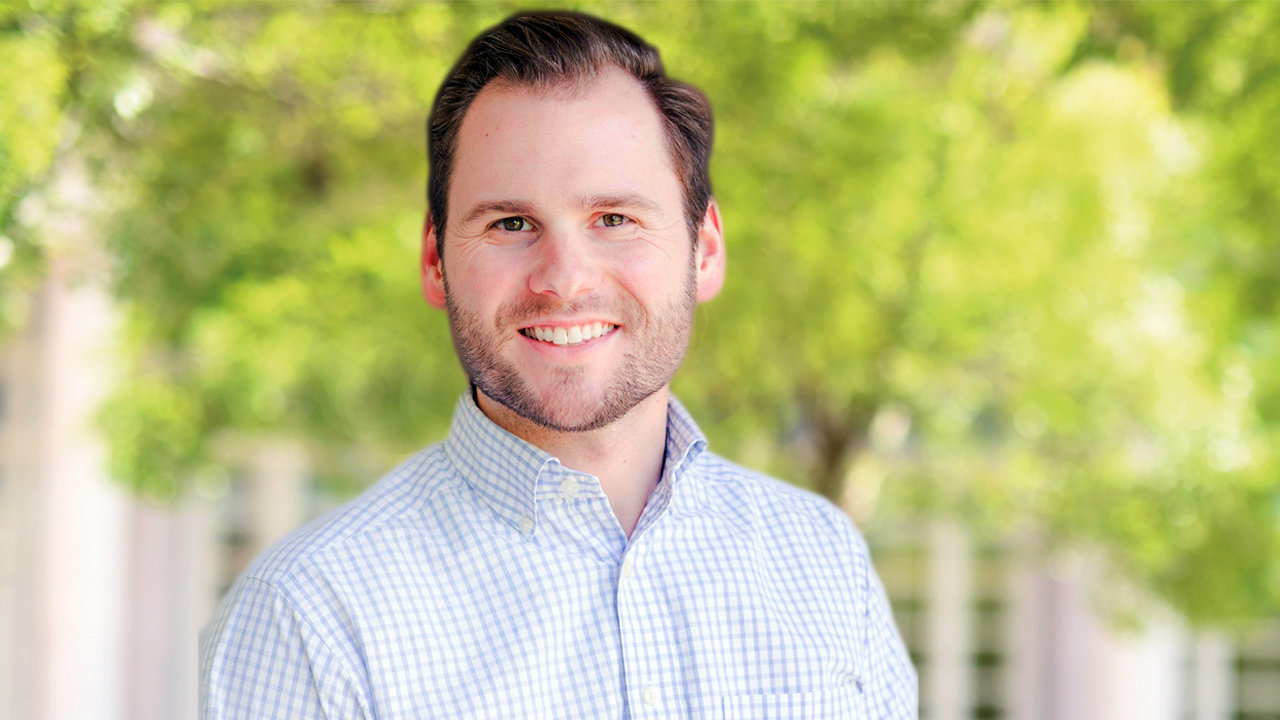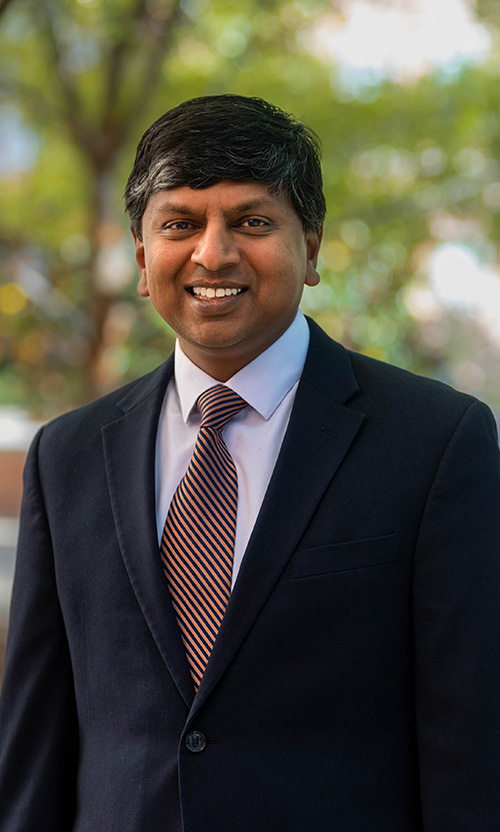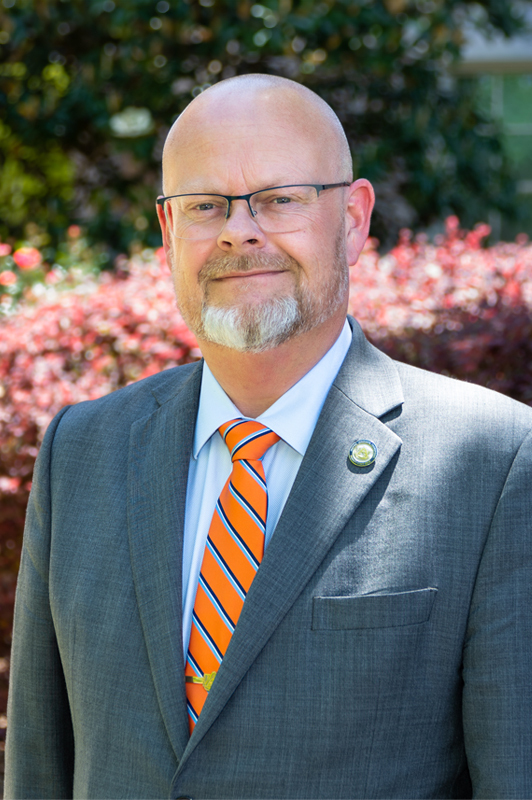Chemical engineering doctoral candidate contributes to COVID-19 test
Published: Mar 31, 2020 11:39 AM
By Cassie Montgomery
As COVID-19 spreads throughout the United States and into Alabama, scientists on the research and development team at Assurance Scientific Labs in Birmingham have devoted their undivided attention to developing a reliable test for the virus as quickly as possible.
Richard Cullum, an Auburn University doctoral candidate in chemical engineering, is a member of the R&D team that brought a COVID-19 test from development to clinic in less than two weeks.
“Our COVID-19 test uses real-time reverse transcription-polymerase chain reaction (RT-PCR) to detect SARS-CoV-2, the virus that causes COVID-19, in upper and lower respiratory specimens,” Cullum said. “My desire to create products that improve public health was a strong motivator for pursuing a Ph.D. Seeing the impact of the COVID-19 test I helped develop has been extremely rewarding, especially so early in my career.”
The Assurance lab has produced nearly 10,000 tests so far and the production team continues to manufacture them to meet growing public demand. Due to the laboratory’s Emergency Use Authorization agreement with the Food and Drug Administration, all specimen testing must be performed in Assurance’s in-house reference lab. So far, their clinical lab has tested more than 8,000 specimens from across Alabama and several other states.
Cullum credits his chemical engineering education with helping him develop a unique set of problem-solving skills to allow him to design and develop accurate and reproducible tests for pathogen detection.
“As a chemical engineering student, you learn to approach and solve problems at the reaction and process level,” he said. “The process development skills I learned enable me to optimally configure diagnostic tests for maximum throughput when implemented in clinical workflows.”
In his graduate work at Auburn, Cullum is co-advised by Allan David, the John Wilford Brown Associate Professor in chemical engineering, and David Riese, the Gilliland Professor in the Department of Drug Discovery and Development in the Harrison School of Pharmacy.
“The interdisciplinary nature of his co-advised doctoral project has equipped him with a combination of skills from both chemical engineering and pharmacy that allows for a unique perspective on how to address these types of problems,” said Mario Eden, professor and Joe T. and Billie Carole McMillan chair of the Department of Chemical Engineering.
Cullum’s dissertation focused on melanoma drug discovery, specifically using in silico approaches to analyze a clinical melanoma genomic data set. Through his research, he identified “a gene of interest that is likely to contribute to the to the tumorigenesis of a signification portion of melanomas that do not currently have a targeted therapy option,” he said.
Another phase of Cullum’s dissertation project required him to design and implement tests of thousands of drugs for those that might be effective against metastatic melanoma.
“Through this project, he developed superb process and assay development skills,” said Riese. “These skills, combined with the outstanding foundational and practical education in chemical engineering obtained here at Auburn, enabled him to quickly and effectively develop the COVID-19 test at Assurance.”
Media Contact: , cmontgomery@auburn.edu, 334.844.3668



